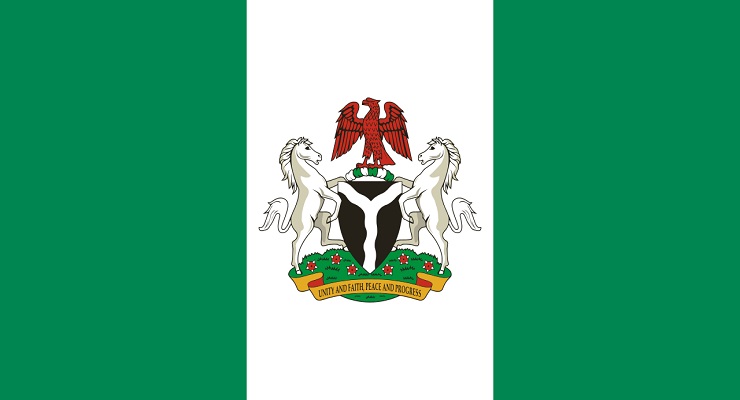
From Mark Green, Derek Mitchell and Daniel Twining of Foreign Policy. Here is an extract:
On Feb. 25, Nigerians elected a new president in a process that fell far short of what voters deserved and expected. The election—which delivered the presidency to Bola Tinubu, the ruling All Progressives Congress party’s candidate—was widely described as “flawed” inside and outside Nigeria, casting a shadow over Tinubu’s anticipated inauguration on May 29.
With West Africa beset by democratic backsliding, many had hoped that a successful election in Nigeria would help renew the region’s commitment to democracy at a pivotal moment. Not only is Nigeria Africa’s largest economy and most populous state, but in a generation it will also likely surpass the United States to become the world’s second-largest democracy after India. There is every reason for young Nigerians to expect that a flourishing Nigeria can be the democratic driver of an African century. The world, therefore, has a strong interest in helping Nigeria and its 220 million citizens succeed.
Despite the shortcomings of Nigeria’s election, it produced some encouraging results. For the first time in Nigerian history, a third-party presidential candidate made a serious showing. No former military general was on the ballot, a first since the end of military rule in 1999, and many incumbents were voted out on election day. The ruling party won only 36 percent of the vote, compared to 56 percent in 2019. In more than half the states, the winning presidential candidate represented a different party than that of the incumbent governor, which demonstrates an important principle of free elections: There are no guarantees for incumbents or legacy seats.
Read full article here.
Leave a Reply